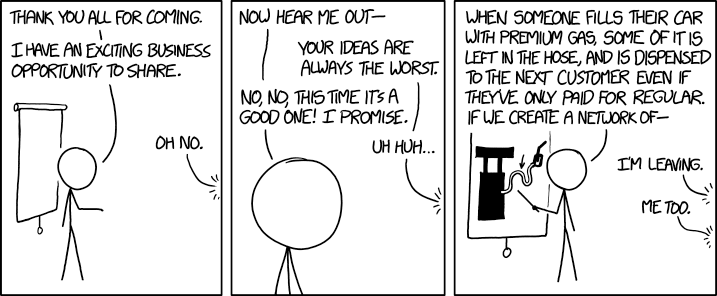A short introduction to agency theory - Part 2,
Costs of Agency
This gives rise to the “costs of agency”, which are costs incurred where the principles have incentives to do things that are not in the interests of the principles. For example, managers (like any employees) may steal thing from work, of they may use company resources in a selfish and extravagant way. Have you ever seen the offices of the big bank’s CEOs? Do they really need to fly in their own private helicopter or Lear Jet? Or perhapsthe trip in a regular jumbo get the job done just as efficiently. These lavish items are called “perquisites”. A perquisites is any service or thing regarded as a special right or privilege enjoyed as a result of one's position. It’s the whole point of climbing to the top of the corporate ladder.
Costs of Agency
Click here for part Part 1 |
This gives rise to the “costs of agency”, which are costs incurred where the principles have incentives to do things that are not in the interests of the principles. For example, managers (like any employees) may steal thing from work, of they may use company resources in a selfish and extravagant way. Have you ever seen the offices of the big bank’s CEOs? Do they really need to fly in their own private helicopter or Lear Jet? Or perhapsthe trip in a regular jumbo get the job done just as efficiently. These lavish items are called “perquisites”. A perquisites is any service or thing regarded as a special right or privilege enjoyed as a result of one's position. It’s the whole point of climbing to the top of the corporate ladder.




